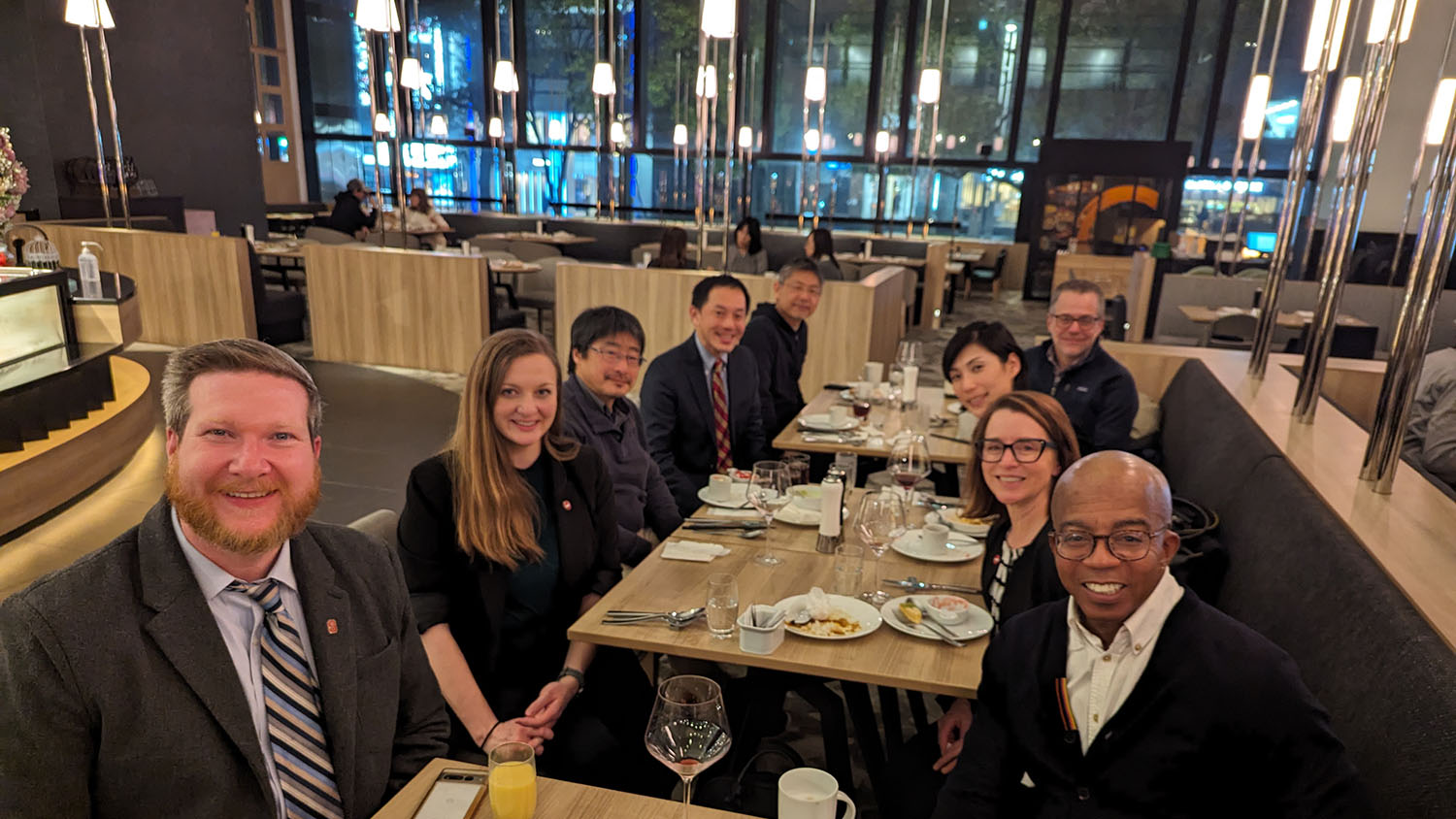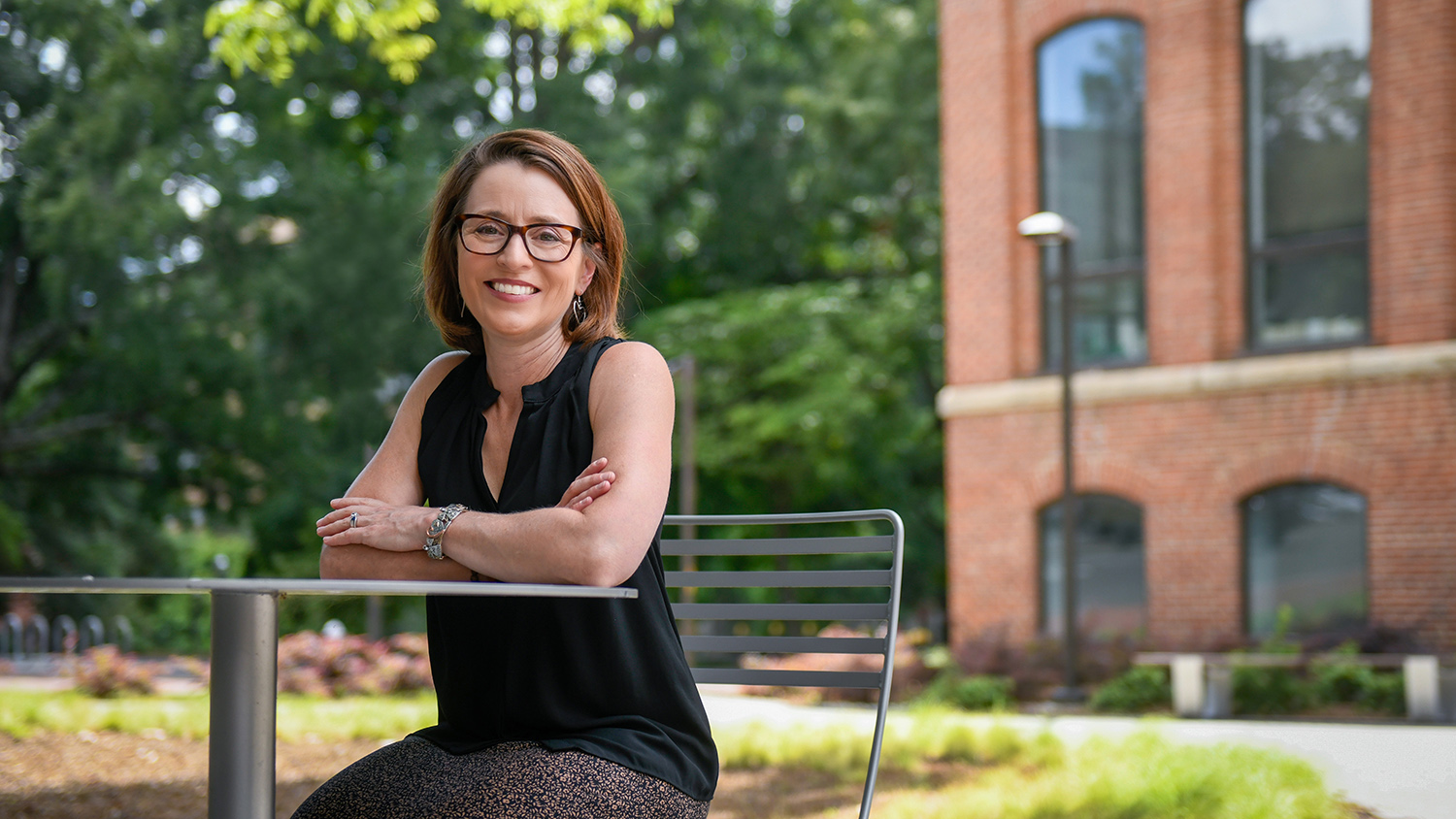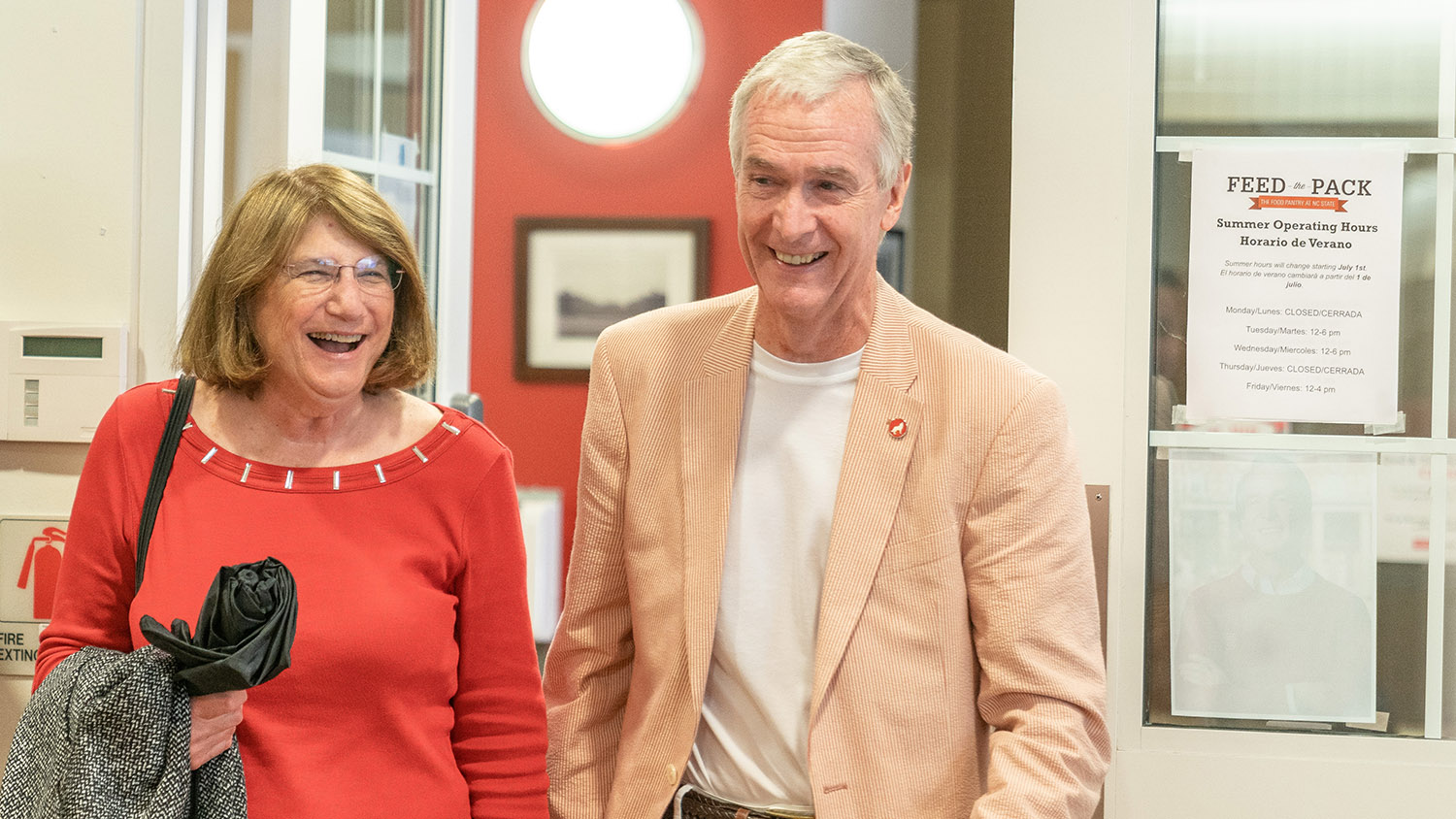The Dean’s Corner: Arab Spring

Arab Spring: What’s CHASS got to do with it?
The spring of 2011 will be remembered for protests in Cairo’s Tahrir Square, for the departure of Tunisian President Ben Ali, and for events still in the making as I write this column. As the world watches the protests, civil war, and uprisings, scholars in the College of Humanities and Social Sciences here at NC State are providing a deeper understanding of the roles that history, culture, language, politics, and digital media play in this new chapter of Arab history.
In a recent meeting with representatives of the Department of Defense who were visiting our college, I heard widely different—yet complementary—perspectives on the meaning and mechanisms of Arab Spring.
Ken Zagacki, professor and head of the Communication Department, is particularly interested in how digital media helps people articulate and achieve their political goals and the ways in which these media identify and memorialize “heroes” and “villains” in the narrative of their struggle against undemocratic forces. Ken noted there is considerable controversy about the power of digital media to supplement or replace the traditional forms of public address that are the traditional media for narratives of revolution and oppression.
In contrast, Akram Khater, a professor of History and Middle East Studies, is more focused on the generational shift in Arab politics, and worries that the media’s obsession with Twitter, texting, and Facebook distracts us from recognizing more profound societal changes. Both provided thoughtful insights and a deeper understanding of the events of the past six months than I had gleaned in hours of reading and watching traditional news media.
There is much we have yet to learn and understand about the causes and outcomes of the Arab Spring. However, two things are clear to me. First, technology has provided powerful social media platforms that, as New York Times columnist Thomas Friedman has argued, have empowered people to create narratives out of the control of centralized governments. Although Libya and Syria have banned journalists and attempted top-down control of information, their official narrative is barely noticed next to the cell phone videos, texts, and tweets of the Arab street.
Second, although technology provides a platform, the narratives are written by those who understand history, culture, language, and politics. In other words, technology provides the means, but not the message. Those messages are informed by the wisdom of the humanities and the knowledge of the social sciences; these are the ideas that are changing the Arab world. And once again, I was reminded of how our faculty extend and apply their disciplinary expertise to make sense of these profound changes and how they shape our world.
- Categories:


